Search the Special Collections and Archives Portal
Search Results
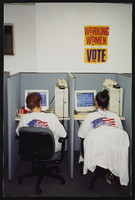
Labor Day banquet, Culinary Union, Las Vegas (Nev.), 1998 (folder 3 of 5), image 18
Date
Description
Image
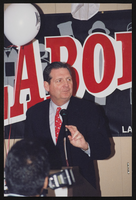
Labor Day banquet, Culinary Union, Las Vegas (Nev.), 1998 (folder 1 of 5), image 18
Date
Description
Image
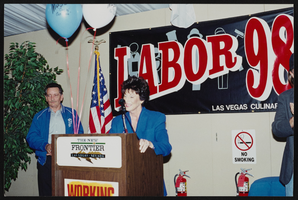
Labor Day banquet, Culinary Union, Las Vegas (Nev.), 1998 (folder 2 of 5), image 18
Date
Description
Image
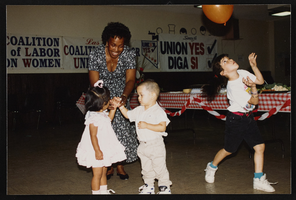
Mother's Day party, Culinary Union, Las Vegas (Nev.), 1990s (folder 1 of 1), image 18
Date
Description
Image
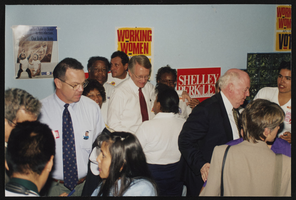
Labor Day banquet, Culinary Union, Las Vegas (Nev.), 1998 (folder 4 of 5), image 18
Date
Description
Image
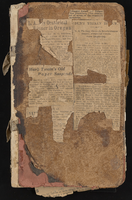
Audio clip from an interview with Dan Connell by Shirley Emerson on November 18, 2013
Date
Archival Collection
Description
Sound

Richard W. Bunker Interview, July 18, 2017, July 21, 2017, and September 28. 2017: transcript
Date
Archival Collection
Description
Fourth-generation Nevadan, Las Vegas native, and great grandson of Mormon pioneer Edward Bunker, Richard W. Bunker knows Southern Nevada as few others do. For example, when Richard Bunker speaks of water, he talks about his father's family leaving their home after the completion of Hoover Dam because their little town of St. Thomas was submerged in the rising waters of Lake Mead; he recalls swimming at the Old Ranch pool, the Springs, and the Mermaid pool; he shares stories of hiring Pat Mulroy, mentoring her, and encouraging her to apply to lead the Las Vegas Valley Water District; he mentions the Dunes and its two fresh-water wells, the Sanitation District and wastewater treatment. Few others have actively shaped Southern Nevada as Richard Bunker has through his lengthy career as a lobbyist (1973–2000); assistant manager for City of Las Vegas (1973–77); Clark County Manager (1977–79); member and Chair of the Nevada Gaming Control Board (1980–1982); executive director (1988-1990) and
Text
Hank Harrison Photograph Collection on Helldorado Days
Identifier
Abstract
The Hank Harrison Photograph Collection on Helldorado Days contains two black-and-white photographs of the Helldorado Days festival in Las Vegas, Nevada from approximately 1940 to 1977. The first photograph depicts a rodeo clown distracting a bull; the second photograph is of Ned Romero, an actor in Helldorado.
Archival Collection
